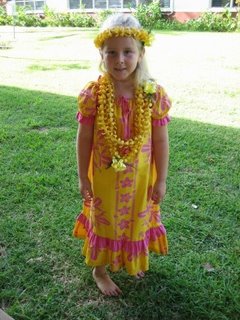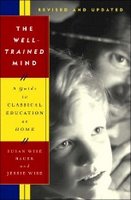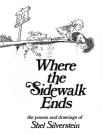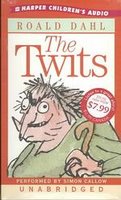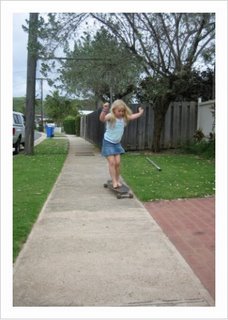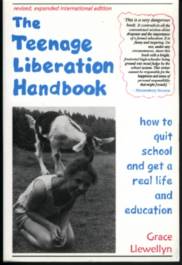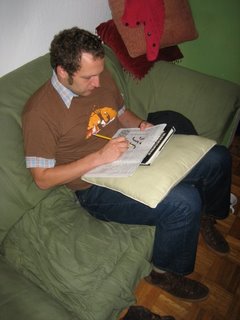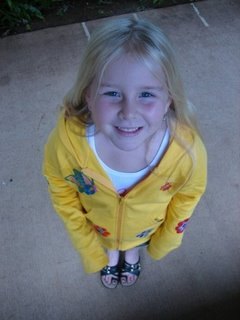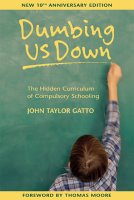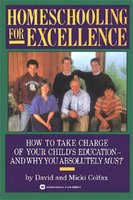 The Unprocessed Childby Valerie FitzenreiterI really hated this book. I could not wait for it to be over and done with.Here is Amazon's book description:"The Unprocessed Child is a work of nonfiction about a child raised with no coercion and no curriculum. Laurie Chancey spent her childhood immersing herself in topics of her own choosing. She was never forced to learn something simply because tradition and/or society said it was necessary. No one was looking over her shoulder to make sure she was learning the "proper" subjects.
The Unprocessed Childby Valerie FitzenreiterI really hated this book. I could not wait for it to be over and done with.Here is Amazon's book description:"The Unprocessed Child is a work of nonfiction about a child raised with no coercion and no curriculum. Laurie Chancey spent her childhood immersing herself in topics of her own choosing. She was never forced to learn something simply because tradition and/or society said it was necessary. No one was looking over her shoulder to make sure she was learning the "proper" subjects. Having never seen a textbook or taken a test, never used workbooks or any type of teaching techniques, Laurie scored in the top 10% of the state of Louisiana on her college entrance exam. She enrolled in college when she was eighteen, and graduated summa cum laude three and a half years later. Laurie is a bright adult, but her IQ is not why she did so well. She spent her life learning to learn and it’s something that now comes easily to her.
The Unprocessed Child was written by her mother and is full of examples of raising a child with respect and dignity. It is the first book written about a radically unschooled child who has now reached adulthood and is a responsible member of society.
Questions about the radical unschooling lifestyle are answered on topics ranging from socialization, parental responsibility, self-discipline, chores, bedtimes and much more. The book shows that it is not only possible to befriend your child, but that it is highly preferable to the struggles that so many parents go through with their children. It proves that school is not necessary for learning, socializing or motivation."
So what was my problem with it? I think I just didn't like the author. To me, she really seemed to toot her own horn a lot and criticize others who do things in a different way. I felt like she was saying that if you require your children to do anything at all, then you are coercive and cruel. I realize that some people let their children watch as much TV as they want, and some of those children self-regulate, but I just don't think I am robbing my child of anything if I don't let her watch TV. There are a million better things that she can and will do with her time if she doesn't watch TV. She also pats herself on the back for not giving her daughter a bedtime or chores, and again insinuates that parents who do so are cruel. I can understand people who don't give their kids a bedtime or chores. But I cannot understand people who think that their way is THE way and that other parents just don't know better.
Anyway, my irritation toward the author overshadowed the things I did learn from the book. One thing that was really helpful was that this book is essentially a case study about the author's daughter, Laurie, who it seems grew up to be a successful college student with a lifelong love of learning. Here's an article about Laurie. She used to have a webpage here, but it seems that it has been removed temporarily. She's been very busy, according to her Curriculum Vitae. So, even though her mother is irritating, we have a lot to learn about the way Laurie was educated.
 Well, this really has nothing to do with homeschooling, but we had an awesome barbecue this weekend for our baby. It was a baby shower, of sorts, except that we didn't play those awful baby shower games. Instead, we tie-dyed and painted baby onesies. This picture shows what a great job everyone did. There were a bunch of kids getting into, but the grown-ups had just as much fun. I think I did two or three of them. Tania did two or three too. When we finished up the onesies, we went into the house to search for other things to dye. We dyed a couple of my shirts, some of Joey's, and some of Tania's. We were so addicted. We couldn't stop. Tie-dyeing is the best! Some of the kids painted onesies too, but once they tried tie-dye, there was no going back. Of course, Tania made some of the best ones. She has a knack for it, I guess. The girl is artistic.
Well, this really has nothing to do with homeschooling, but we had an awesome barbecue this weekend for our baby. It was a baby shower, of sorts, except that we didn't play those awful baby shower games. Instead, we tie-dyed and painted baby onesies. This picture shows what a great job everyone did. There were a bunch of kids getting into, but the grown-ups had just as much fun. I think I did two or three of them. Tania did two or three too. When we finished up the onesies, we went into the house to search for other things to dye. We dyed a couple of my shirts, some of Joey's, and some of Tania's. We were so addicted. We couldn't stop. Tie-dyeing is the best! Some of the kids painted onesies too, but once they tried tie-dye, there was no going back. Of course, Tania made some of the best ones. She has a knack for it, I guess. The girl is artistic.
